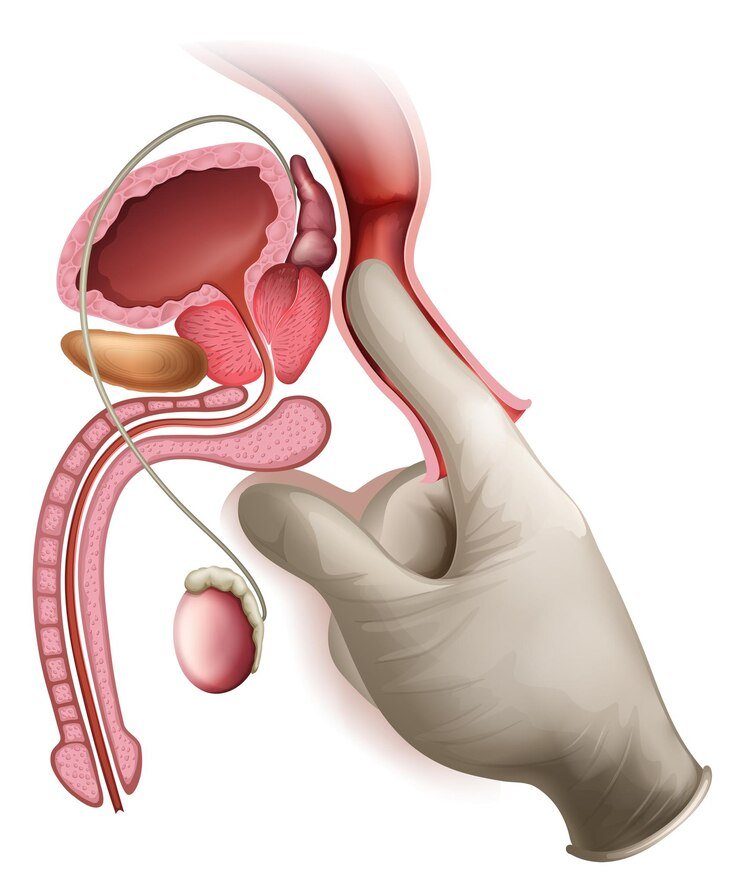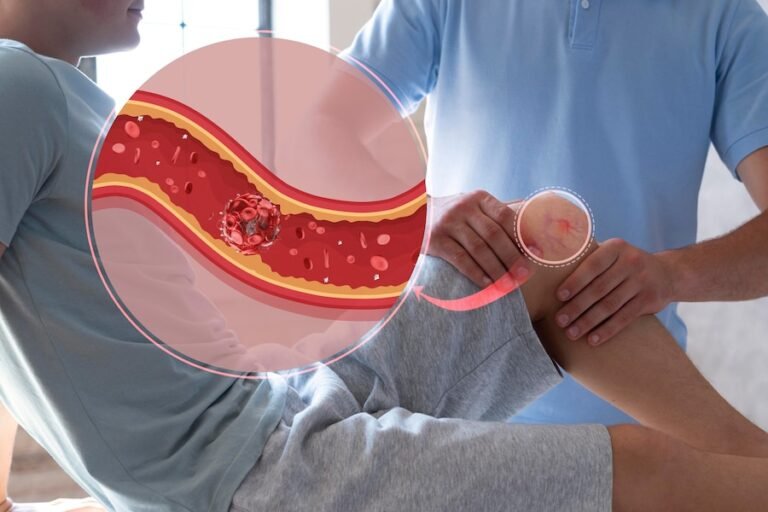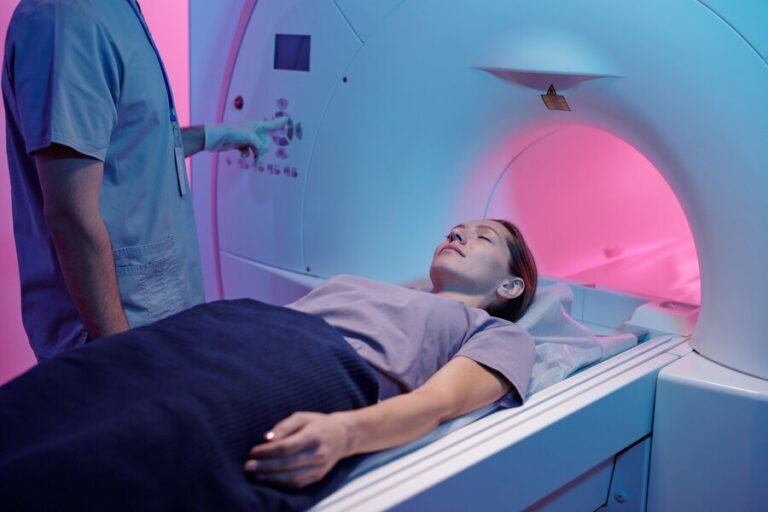Prostate Enlargement: Debunking Myths And Misconceptions
Prostate enlargement, also known as benign prostatic hyperplasia (BPH), is a common problem among older men. Despite its common occurrence, there are numerous myths and misconceptions surrounding this condition that can lead to misunderstandings and unnecessary anxiety. In this article, we aim to debunk some of the most prevalent myths about prostate enlargement and provide accurate information to help individuals better understand this condition.
To Know More About It Please Click Here
Prostate Enlargement Always Leads to Prostate Cancer
One of the most common misconceptions about prostate enlargement is that it inevitably leads to prostate cancer. While both conditions affect the prostate gland, they are entirely different entities. BPH is a non-cancerous enlargement of the prostate gland that occurs due to age-related changes in hormone levels. On the other hand, prostate cancer is the abnormal growth of cells within the prostate gland that can spread to other parts of the body if left untreated.
While it’s true that men with prostate enlargement may have an increased risk of developing prostate cancer, the two conditions are not causally linked. Having prostate enlargement does not mean you will develop prostate cancer, and having prostate cancer does not mean you have prostate enlargement.
Prostate Enlargement Is Just a Normal Part of Aging
While it’s true that prostate enlargement is more common as men age, it is not an inevitable part of the aging process. Not all men will experience symptoms of BPH, and the severity of symptoms can vary significantly from person to person. Additionally, lifestyle factors such as diet, exercise, and overall health can influence the development and progression of prostate enlargement.
Men need to be proactive about their prostate health as they age by maintaining a healthy lifestyle and seeking medical attention if they experience symptoms of BPH.
Only Older Men Are Affected by Prostate Enlargement
While it’s true that prostate enlargement is more common in older men, it can affect men of all ages. In some cases, younger men may develop symptoms of BPH due to factors such as genetics, hormonal imbalances, or underlying medical conditions. Men of all ages need to be aware of the symptoms of prostate enlargement and seek medical advice if they experience any concerning symptoms.
Surgery Is the Only Treatment Option for Prostate Enlargement
While surgery may be recommended in severe cases of BPH that do not respond to other treatments, it is not the only treatment option available. There are several other effective treatments for prostate enlargement, including medications, minimally invasive procedures, and lifestyle modifications.
Medications such as alpha-blockers and 5-alpha reductase inhibitors can help relieve symptoms of BPH by relaxing the muscles of the prostate gland and reducing its size. Minimally invasive procedures such as transurethral microwave therapy (TUMT) and laser therapy can also be effective in reducing prostate size and relieving symptoms.
Additionally, lifestyle modifications such as maintaining a healthy weight, exercising regularly, and avoiding caffeine and alcohol can help alleviate symptoms of BPH and improve overall prostate health.
Prostate Enlargement Is Not a Serious Condition
While prostate enlargement is not life-threatening, it can significantly impact a man’s quality of life if left untreated. Symptoms such as frequent urination, difficulty starting or stopping urination, and urinary retention can be bothersome and affect daily activities.
In some cases, untreated BPH can lead to complications such as urinary tract infections, bladder stones, and acute urinary retention, which may require medical intervention. It’s essential for men experiencing symptoms of BPH to seek medical advice to determine the best course of treatment for their condition.
conclusion
Prostate enlargement is a typical ailment that many men develop as they age. By debunking myths and misconceptions surrounding this condition, we can empower men to take control of their prostate health and seek appropriate medical care if needed. It’s essential for men to be proactive about their prostate health by maintaining a healthy lifestyle, staying informed about the symptoms of BPH, and seeking medical advice if they have any concerns. With early detection and appropriate treatment, men can effectively manage symptoms of prostate enlargement and enjoy a better quality of life.
Also, Follow us on Instagram







